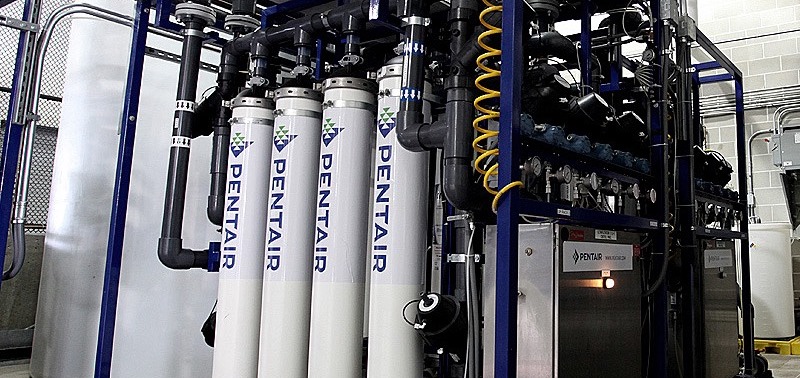A new training course from the International Sanitary Supply Association (ISSA), a trade organization for the cleaning industry, in partnership with Marquette University continues a growing trend of online course offerings that provide workers the chance to study in a self-paced environment. The supply chain management course delves into detail on how to make operations more efficient and eliminate unnecessary costs.
Participants in the online course study the fundamental principles of supply chain management and its effects on a company’s overall performance. The curriculum covers distribution, customer service, logistics, purchasing and supply chain planning. It includes quizzes and exams that students must pass.
Students learn ways to better integrate supply-chain functions to improve customer service for the least amount of cost. The information applies industry-wide, instead of being product-specific. Professors from Marquette University, located in Milwaukee, teach the classes.
Distributors know the importance of keeping the supply chain working efficiently and smoothly on a consistent basis.
"Supply chains — not companies — compete in today's economy," says Marko Bastl, assistant professor of supply chain management at Marquette University's College of Business Administration. "How we manage the supply chain can become a competitive advantage. Companies need to understand the role that internal functions, such as logistics and purchasing, play in gaining a competitive edge."
A Different Learning Style
Some companies pay for their employees to take online courses and earn professional certifications through ISSA. Offering reimbursement for professional training typically boosts employee satisfaction and retention. Online learning opportunities also may help companies attract younger workers.
“The way the younger generation will learn is different than a 30-year-old or 40-year-old. We need to maintain a blended approach with more emphasis on digital [learning],” says Brant Insero, director of education, training, and certification for ISSA. “The distribution space is changing rapidly, and the younger workforce entering distribution needs resources.”
At least 58% of companies find it difficult to hire supply chain professionals with tactical/operational expertise and professional competencies, according to a 2017 report from logistics company DHL. Online training is one way to fill the skills gap in the supply chain industry as it evolves, along with distribution.
In some cases, a supply management course could be useful to customers. Companies can leverage the training “as a tool to drive business to their customers, so they are ripe for the picking to buy products. Indirectly, you are driving sales,” Insero explains.
ISSA, headquartered in Northbrook, Ill., has 9,300 members, including distributors. It offers an annual subscription for online courses on cleaning and safety.
Related Posts
-
Pilla will be responsible for supply chain operations and performance and will report to John…
-
Caldwell Hart will be responsible for strategic procurement, operational purchasing and related services, reporting directly…
-
The acquisition expands the companys presence in the Idaho market.



